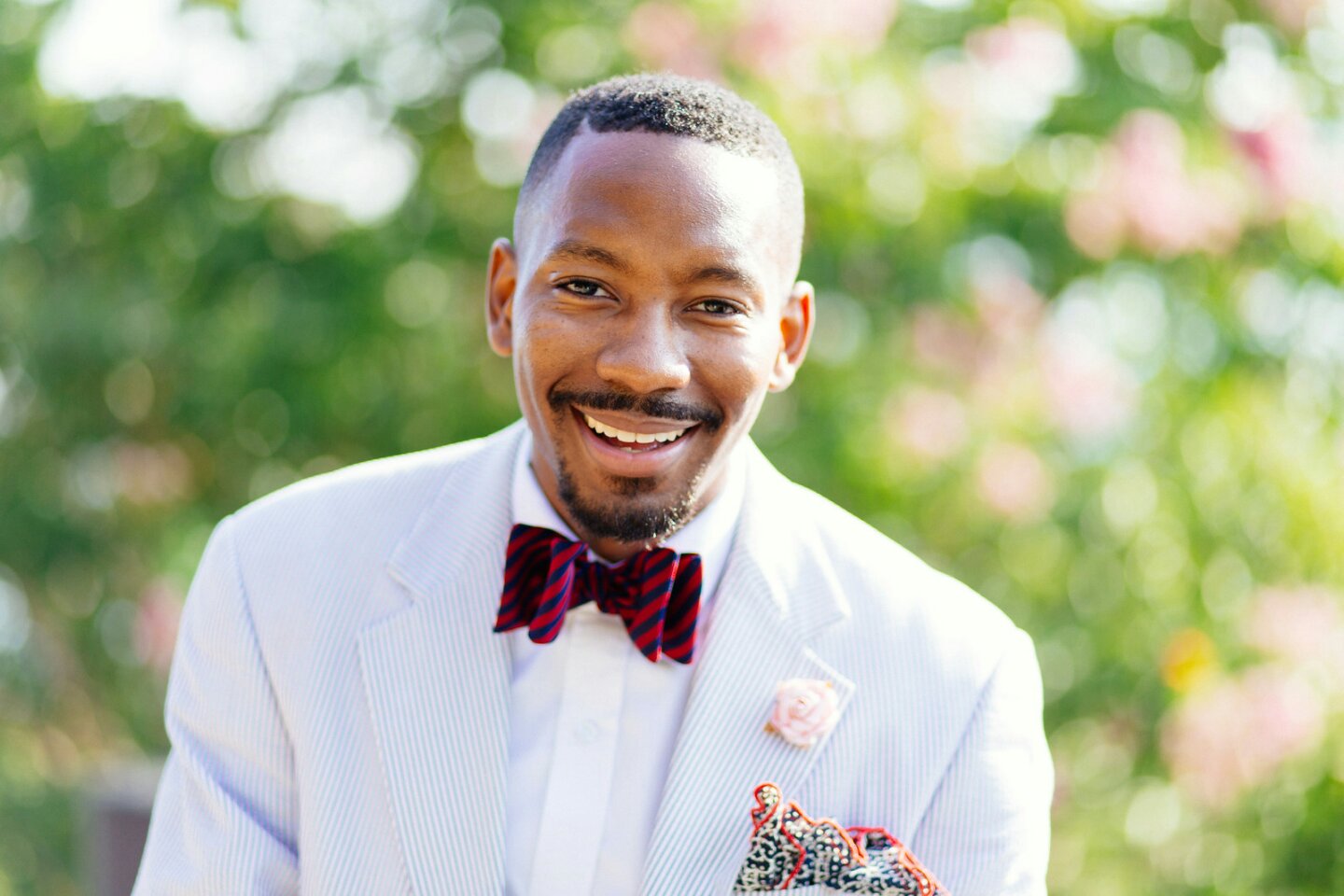Politics, Public Policy Ethics, and Education: A House Without a Prayer
By Quadricos Bernard Driskell, Columnist
I was impressed with the House of Representatives Chaplain, Father Patrick J. Conroy when in 2015, he gave Pope Francis a personal blessing in Spanish when he visited Congress. The gesture demonstrated a deeply theological and cultural sensitivity that even surprised many members of Congress.
Father Conroy’s resignation in April—or firing—is the most recent controversial move by Speaker Paul Ryan (R-WI). Republicans widely praise Fr. Conroy and do not know why he was fired. In fact, Democrats praised him as well, as with reports that Rep. Emanuel Cleaver (D-MO), a former Methodist pastor, told the Speaker’s chief of staff that Ryan’s move to fire the House chaplain was “ugly” and “awful.”
Perhaps the termination is most controversial in Catholic circles on Capitol Hill. Speaker Ryan is a conservative Catholic whereas Father Conroy is a Jesuit, a priestly order that often is viewed as erudite and politically, theologically, and ideologically liberal.
Capitol Hill is inherently a political place and there is already an acutely political axis of division. Do we need a religious divide as well?
A culture of violence, political unrest, and cruelty exists in Congress. Therefore, the House—most specifically its selection committee—should be urged to choose a chaplain who is theological, yet ecumenically prophetic, and concerned not only with pastoral care to members and their families but also able to give voice and presence to the values of healing, civility, community, and unity.
The House stands deeply in need of restitution of civility and community, which are substantial ingredients for the spiritual care of a political and diverse body. Since its founding, the nation has struggled with the antagonistic twins of civility and crudeness and thought it best that Congress assemble by invoking the blessing of God. This dates back to the Continental Congress and recognizes even the practical dictum that representative governance is founded upon and operates through relationships between, in the end, real people. Has prayer helped? There is no way of knowing concretely but the ritual exercise of prayer is as old as the country and psychologically helps the psyche of the nation.
Must we all agree on all things religiously doctrinal? I would say certainly not! Must we agree with every prayer uttered? If done in the right spirit with no harm intended. Yes! Do I believe in both theological and political diversity? Yes, especially as the means by which we, the imperfect of limited sight, might see more clearly by sharing and deploying the aforementioned “virtues” among us. The House should not masquerade this idea that everybody is the same. Congress, as a whole, while mostly Christian by confession is still pluralistic and the next House chaplain should embrace and reflect such. This dichotomy of the sacred and profane isn’t new; however, the challenge of leadership in this century, and at this moment, is a transcendently moral one.
In this juncture of our democratic history, the House needs such a voice as can rise above the uber-partisan politics and emotional vitriol so much on display. Given the state of our country and world, we are witnessing dangerous currents and moods. The job of the clergy, especially clergy of Congress, is to remind the country’s lawmakers that there really is “plenty good room.” There must be a space for both Democrats and Republicans in the experiment of our democracy that includes respect for human dignity and the responsibility to dissent, civilly.
Whatever very specific circumstances that led to the abrupt conclusion of Father Conroy’s tenure have run their course and an investigation would only serve to further politicize the religious. The House now has an opportunity to find the next chaplain who will cultivate and encourage the souls and consciousness of his or her members as they go about the business of restoring wellness to our democracy, starting with their own representative body. This is the sacred.
The Reverend Quardricos Bernard Driskell is a graduate of Morehouse College and Harvard Divinity School with 10 years of federal lobbying experience. He is the pastor of the historic Beulah Baptist Church in Alexandria, Virginia and an adjunct professor of religion and politics at The George Washington University Graduate School of Political Management. Follow him on Twitter @q_driskell4.





